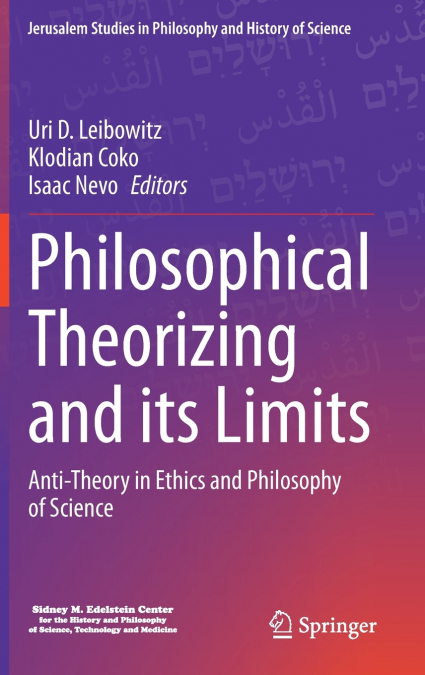
This book brings together scholars from ethics and philosophy of science in order to identify ways in which insights gleaned from one subfield can shed light on the other. The book focuses on two radical Anti-Theory movements that emerged in the 1970’s and 1980’s, one in philosophy of science and the other in ethics. Both movements challenged attempts to supply general, systematized philosophical theories within their domains and thus invited the reconsideration of what philosophical theorizing can and should offer. Each of these movements was domain-specific - that is, each criticized the aspirations to philosophical theories within its own domain and advanced arguments aimed at philosophers within their own specific subfield. The innovative systematic comparative examination of these movements by scholars from each domain sheds new light on some familiar debates, offers new and exciting paths of research to pursue in each domain, provides insight into the place of science and ethics in contemporary life and culture, and enables a fresh view on the longstanding and alluring philosophical aspiration for a fully general, absolute theory of reality and an ultimate objective foundational theory of knowledge.